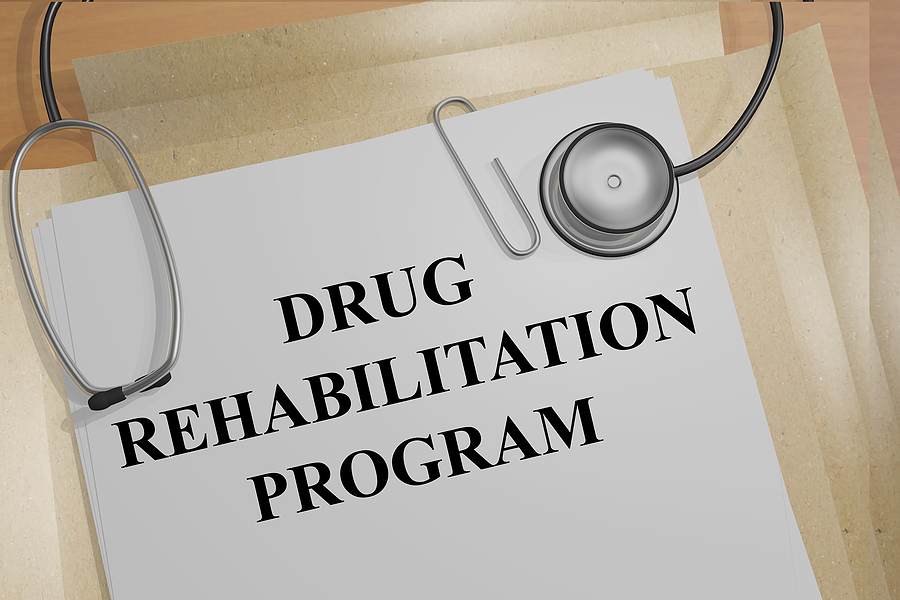Completing rehab marks an important step toward a sober life. Treatment addresses the physical and mental pull of addiction, but recovery does not end at the doors of a facility. Life after treatment involves choices each day that either strengthen sobriety or place it at risk. Many people expect relief once treatment ends, yet the real work begins once you return home. To protect your progress, you need to know what not to do after rehab.
Avoid Old Triggers and Habits
Once you leave rehab, familiar places, people, and routines can place you in danger of relapse. A trigger can include a bar you used to visit, a friend who still uses, or a stressful family environment. Exposure to those triggers can bring back cravings quickly. To protect your sobriety, you need to recognize them and take action to stay away.
Staying clear of old patterns may mean creating distance from friends who still drink or use drugs. It may mean avoiding neighborhoods where those activities happen. It may also require changes inside your own home. For example, removing alcohol or drug-related items reduces risk and reinforces your decision to live sober.
Do Not Skip Support Meetings
Treatment gives you tools, but support meetings help you continue to apply them. Groups such as Alcoholics Anonymous and Narcotics Anonymous give structure, accountability, and encouragement. If you stop attending, you cut off a source of reinforcement that strengthens your progress.
Meetings remind you that recovery works best when shared. You hear from others who face the same struggles and learn from their strategies. When cravings hit, those connections offer direct help. When stress builds, a meeting gives you a safe space to release pressure.
Avoid Isolation After Treatment
Addiction thrives in secrecy. Once you return home, too much time alone can push you back toward the habits you worked hard to leave behind. Isolation feeds negative thoughts and increases the risk of relapse. You need a connection with people who support your recovery.
Building a support system makes a difference. Stay in touch with sober friends from your time in an addiction treatment center or join community activities where substance use is not present. Volunteer work also helps because it places you in a role where you focus on others instead of your cravings. Each new relationship and each positive interaction strengthens your resolve.
Isolation does not only mean physical distance. It also means silence. If you feel stressed or tempted, speak with someone you trust. Silence allows cravings to grow. Honest conversations break that cycle and keep you accountable.
Manage Stress in Healthy Ways
Stress creates one of the strongest risks for relapse. When you feel pressure, drugs or alcohol may appear to offer relief. Without a plan, stress can undo progress quickly. You need tools that keep stress from taking control.
Exercise provides a natural release for tension. Running, lifting weights, or even walking clears the mind and resets your mood. Sleep also matters. A consistent schedule with enough rest prevents emotional crashes. Meditation or deep breathing can steady your focus during high-pressure moments.
Stay Committed to Recovery Goals
Sobriety lasts when you set goals that give direction. A goal could include one year without alcohol, steady progress at work, or repairing family trust. Clear goals give you a sense of purpose and allow you to measure growth.
Writing down goals and reviewing them often keeps your focus sharp. When you see progress, even in small steps, you gain strength to continue. Recovery rarely moves in a straight line. Some days feel harder than others, but a reminder of your goals pulls you forward.
Schedule a Consultation with a Treatment Specialist
Rehab provides a foundation, but guidance to avoid common mistakes after rehab helps you stay on track. A treatment specialist gives structure, support, and accountability. Meeting with a professional ensures that your recovery plan does not stop at the end of rehab. Contact Serenity Treatment Centers of Louisiana at (225) 361-8445 to discuss affordable rehabilitation assistance.










